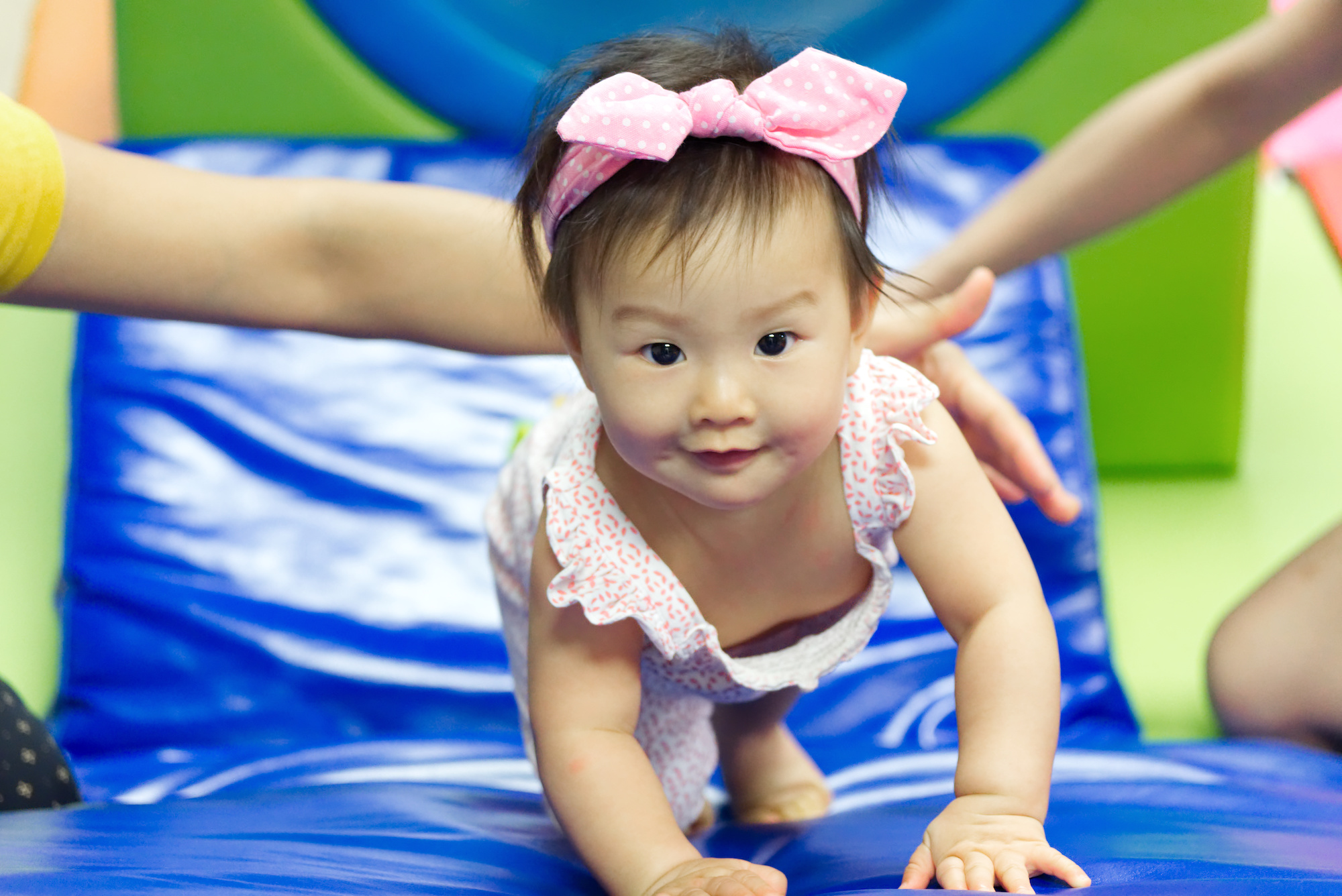Toddlers, 1-year-olds to 3-year-olds, are full of energy and curiosity. They’re practicing and mastering many skills, like walking, talking, and climbing. However, their biggest endeavor is becoming their own person. One of the major challenges for parents is supporting their toddler in developing this independence. Parents are understandably not ready for their child to stop being the baby. It’s a difficult process to endure when their child demands that “I can do it myself, and my way!” and the attitude that follows.
Take comfort in knowing…
All toddlers push for their independence.
Each child has a unique timetable for this burst of “independence”, but many parents will notice an increase in their assertive behavior around 18 months and again around 30 months.
A common toddler response to frustration is a temper tantrum.
Toddlers have their own struggle, as they try to balance their need for independence with their need for dependence.
Toddlers often respond with a loud “NO!” almost automatically, even when they really mean, “yes”.
Toddlers often forget the boundaries parent’s set, so they make the same mistakes repeatedly.
The purpose of the toddler’s challenge is not to be difficult, but to assert themselves as an individual, separate from their parents.
“Challenging” behavior during the toddler years will not last a lifetime. When parents support their toddler to assert their independence, the toddler can pass through this stage and move to the more cooperative and practical preschool stage quickly.
Tips to provide opportunities of independence
Toddlers learn through indoor and outdoor play experiences; blocks, animal figures, dress-up clothes, cardboard boxes, bubbles, sticks, leaves, balls, kitchen utensils, pots, pans etc.
Toddlers can carry their own lunch boxes, put toys away, put their shoes by the door, and help with chores like putting clean laundry into drawers. Give them the time they need to do tasks on their own. Add extra time for things like putting on shoes, walking to the car, emptying a backpack, and feeding the dog. Also remember to provide plenty of time to transition from one activity to another; toddlers can’t immediately switch gears. It’s worth taking the time to practice doing things that produce feelings of capability, competence, and independence.
Have a predictable routine. Toddlers like to know what’s going to happen next, which helps avoid surprises, struggles, and tantrums. Give advance notice:
“I’m picking you up right after lunch.”
“After breakfast, we’ll get dressed.”
“We’ll start putting the blocks away in a few minutes.”
Include and interact with your toddler doing everyday things. Toddlers can tear lettuce for salad, mix batter, put dishes away etc.
Be silly, hop to the bedroom, sing opera in the car, read favourite books in character voices over and over.
Share joy together, smile, dance, sing, laugh out loud, have fun, and show your love, cuddle, hug, and kiss.
Toddlers are brave enough to do things their way and to go for it! They see the wonder in the world and that all things around them are possible. We can learn so much from them.

